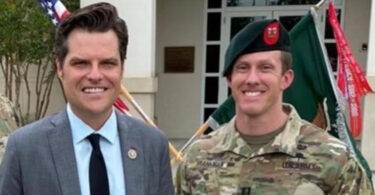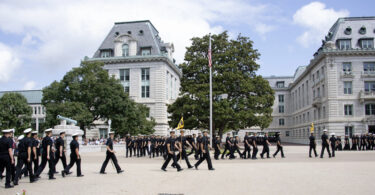By Christopher Rufo
The transgender movement is pressing its agenda everywhere. Most publicly, activist teachers are using classrooms to propagandize on its behalf and activist health professionals are promoting the mutilation of children under the euphemistic banner of “gender-affirming care.”
The sudden and pervasive rise of this movement provokes two questions: where did it come from, and how has it proved so successful?
The story goes deeper than most Americans know.
In the late 1980s, a group of academics, including Judith Butler, Gayle Rubin, Sandy Stone, and Susan Stryker, established the disciplines of “queer theory” and “transgender studies.”
These academics believed gender to be a “social construct” used to oppress racial and sexual minorities, and they denounced the traditional categories of man and woman as a false binary that was conceived to support the system of “heteronormativity”—i.e., the white, male, heterosexual power structure.
This system, they argued, had to be ruthlessly deconstructed. And the best way to achieve this, they argued further, was to promote transgenderism.
If men can become women, and women men, they believed, the natural structure of Creation could be toppled.
Susan Stryker, a male-to-female transgender professor currently at the University of Arizona, revealed the general thrust and tone of transgender ideology in his Kessler Award Lecture at the City University of New York in 2008, describing his work as “a secular sermon that unabashedly advocates embracing a disruptive and refigurative genderqueer or transgender power as a spiritual resource for social and environmental transformation.”
In Stryker’s best-known essay, “My Words to Victor Frankenstein above the Village of Chamounix: Performing Transgender Rage,” he contends that the “transsexual body” is a “technological construction” that represents a war against Western society.
“I am a transsexual, and therefore I am a monster,” Stryker writes. And this monster, he continues, is destined to channel its “rage and revenge” against the “naturalized heterosexual order”; against “‘traditional family values’”; and against the “hegemonic oppression” of nature itself.
It is clear from this and from other transgender scholarship that the transgender movement is inherently political.
Its reconstruction of personal identity is meant to advance a collective political reconstruction or transformation. Some trans activists even view their movement as the future of Marxism.
In a collection of essays titled Transgender Marxism, activist writer Rosa Lee argues that trans people can serve as the new vanguard of the proletariat, promising to abolish heteronormativity in the same way that orthodox Marxism promised to abolish capitalism.
“In a different era,” Lee writes,
Marxists spoke of the construction of a “new socialist man” as a crucial task in the broader process of socialist construction. Today, in a time of both rising fascism and an emergent socialist movement, our challenge is transsexualising our Marxism. We should think [of] the project of transition to communism in our time—communisation—as including the transition to new communist selves, new ways of being and relating to one another.
This is the great project of the transgender movement: to abolish the distinctions of man and woman, to transcend the limitations established by God and nature, and to connect the personal struggle of trans individuals to the political struggle to transform society in a radical way. . . . (read more on Chris Rufo Substack)








Leave a Comment